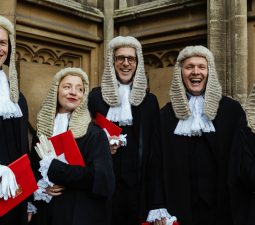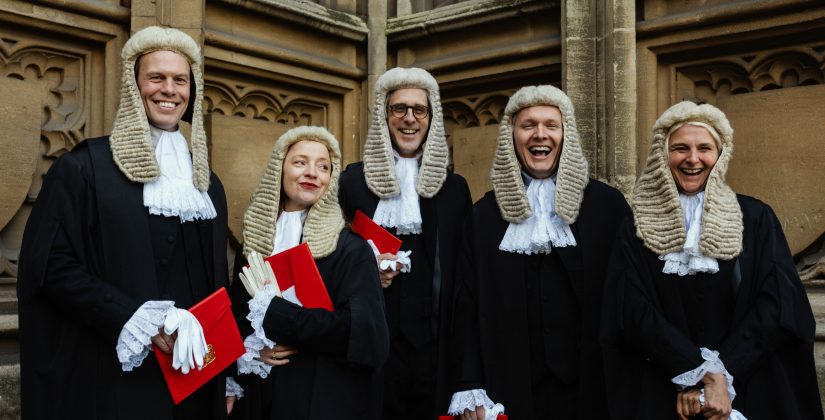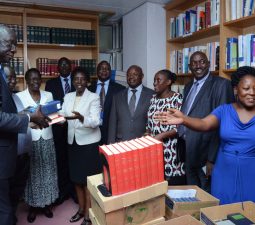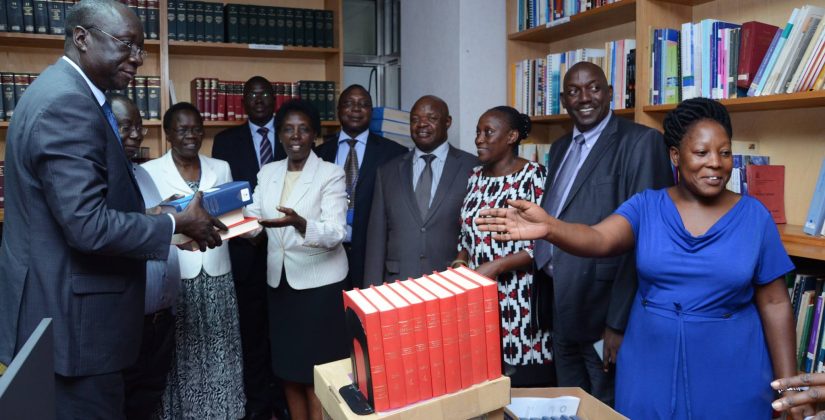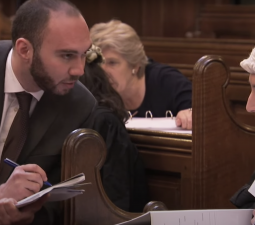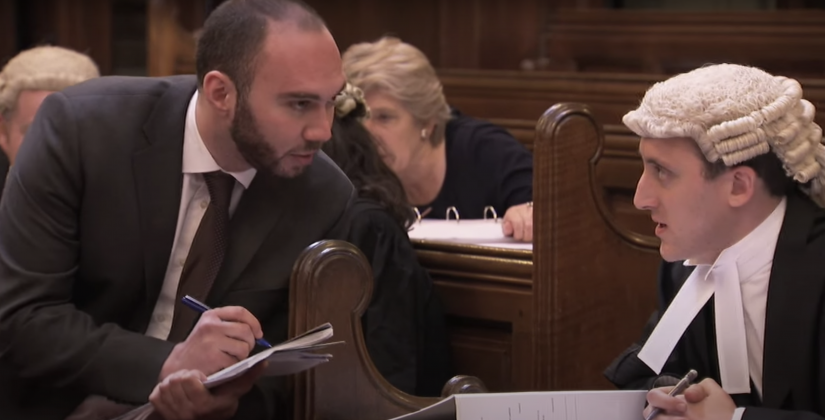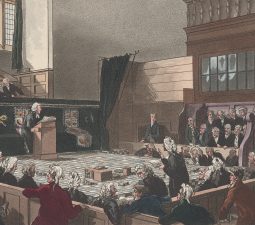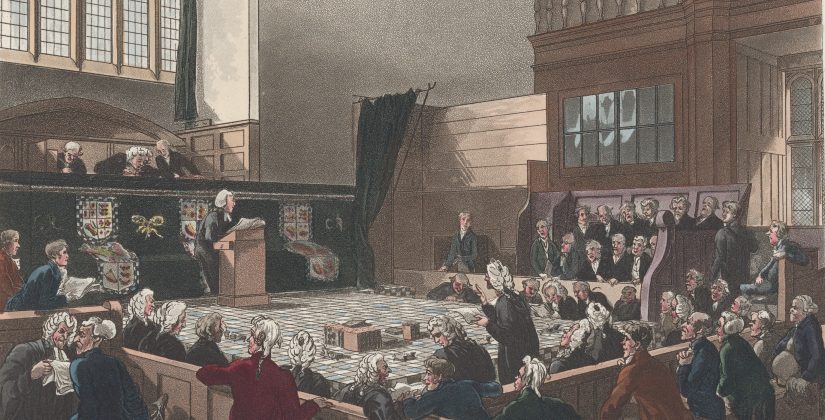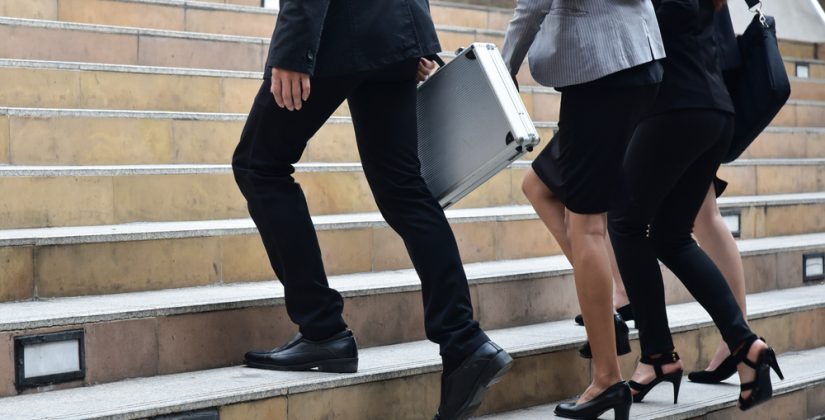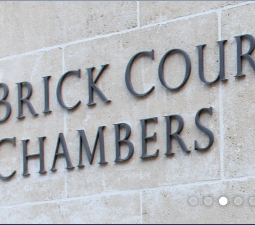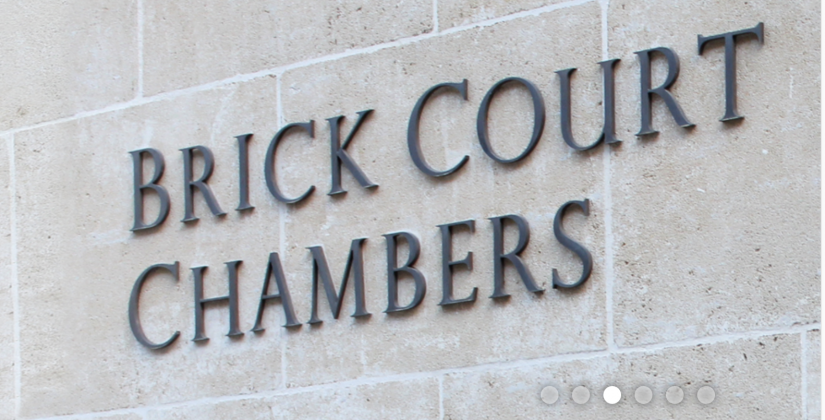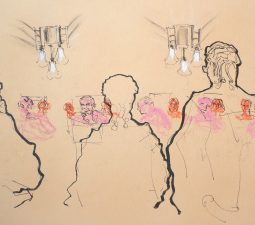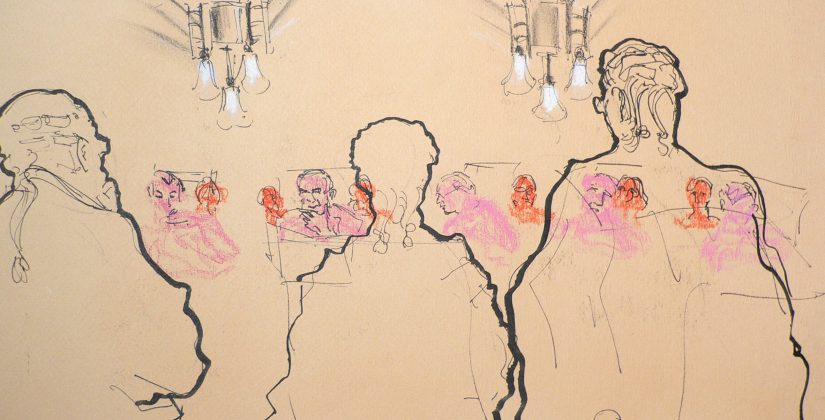Legal Profession
News, analysis, comment and updates from ICLR's case law and UK legislation platform
A welcome development has been BAILII’s new collection of judicial speeches, as Paul Magrath explains… Continue reading about Judicial speeches
In this guest post, Scott Wortley recounts the history of the statute according to which all QCs are automatically re-styled KCs (or vice versa) upon the accession of a monarch of different sex.… Continue reading about Why did Queen’s Counsel automatically become King’s Counsel? Parliament and the Demise of the Crown Act 1901
In this guest post Katrina Crossley, Chief Executive of the ILBF, describes why the charity was set up and how it works. (Reproduced with kind permission from the BIALL newsletter.)… Continue reading about International Law Book Facility (ILBF)
Elijah Granet reflects on the long association of the Crown and the law, and looks back (and forward) to what happens when a new king or queen takes over… Continue reading about Crown and court, continuity and change: the implications of a monarch’s accession for the legal system
We review the latest report in which state school students participating in an educational charity’s Model Law Commission make their suggestions for changes in the law.… Continue reading about BVL: Model Law Commission Report 2021
ICLR is hiring. This post considers what are the qualities that make a good law reporter… Continue reading about Could you be a law reporter?
Elijah Granet explains why he decided to create a more convenient and readable edition of the Bar Standards Board Handbook… Continue reading about Making the handbook handy: revising the BSB Handbook to be readable for humans
David Burrows looks back on a lifetime’s adventures in advocacy… Continue reading about Advocacy and all that; the first 45 years…
News of a forthcoming webinar to be hosted by Brick Court Chambers… Continue reading about Webinar: The Place of AI in ADR
Paul Magrath reviews Prof Leslie Moran’s survey of how the public perception of the judiciary is informed by images of both real and fictional judges. … Continue reading about Book review: Law, Judges and Visual Culture, by Leslie J Moran


